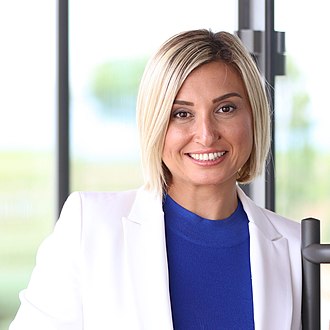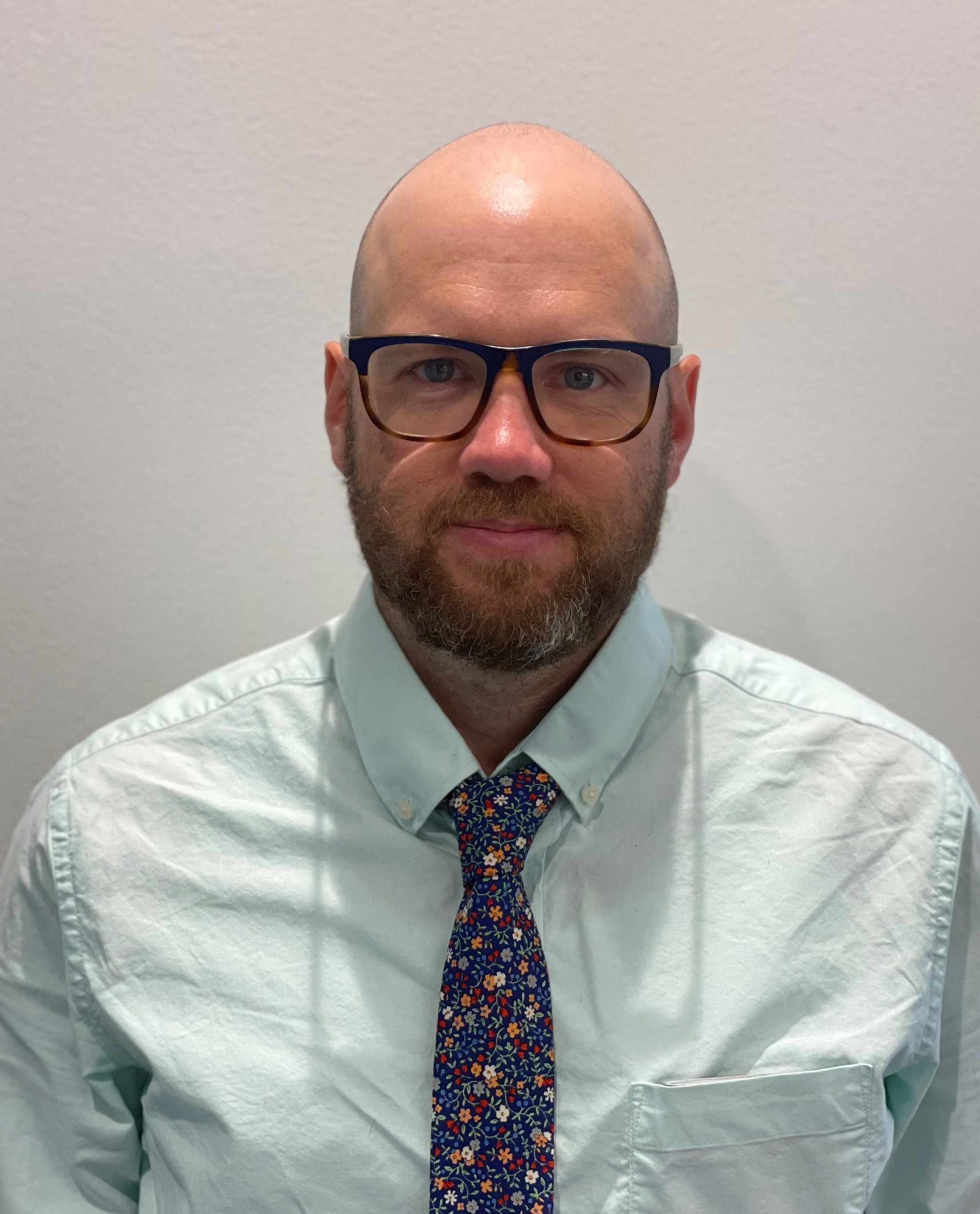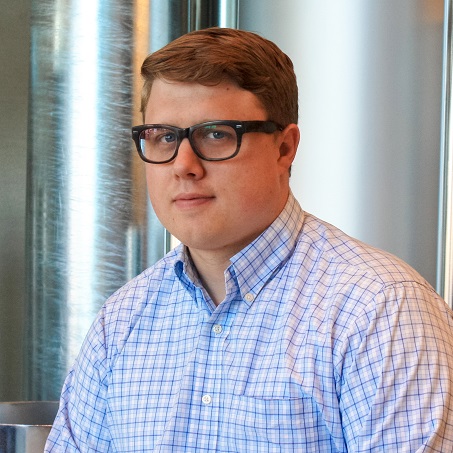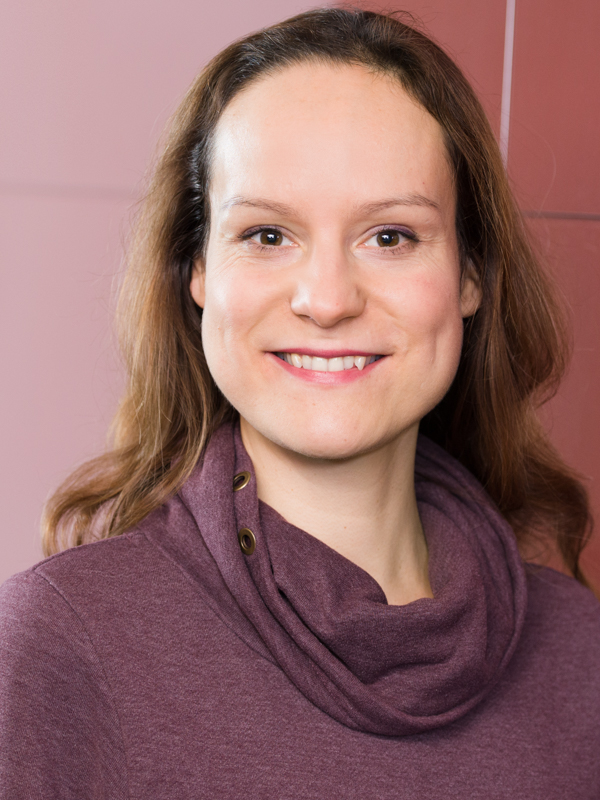Pre-Conference Social (May 27th, 2023)
Pre-Conference Social is sponsored by the Omaha Convention & Visitors Bureau and will be hosted at the Anchor Hotel (Embassy Suites Omaha Downtown).
Time: 5:30 - 8:30pm.
Location: Embassy Suites Omaha Lobby
Welcome Reception (May 28th, 2023)
Location: Henry Doorly Zoo & Aquarium (ZOO MAP)
Time: Access to the Zoo with name tag will be available from 4 pm onward (Shuttles will be provided from the Anchor Hotel)
Reception begins at 5:30pm
Special Event (May 29th, 2023)
Location: Upstream Brewing Company (Walking Directions from Anchor Hotel)
Time: 5:30pm (Walk to location)
Closing Gala (May 30th, 2023)
Location: Strategic Air Command and Aerospace Museum
Tranportation: Buses will depart from Anchor Hotel at 5:30pm sharp (Self-driving Directions)
Keynote Speakers
Monday May 29th, 2023 (Morning Keynote)

Dr. Ilkay Altıntaş, Chief Data Science Officer at San Diego Supercomputer Center
Dr. Ilkay Altintas, a research scientist at the University of California San Diego, is the Chief Data Science Officer of the San Diego Supercomputer Center as well as a Founding Fellow of the Halıcıoğlu Data Science Institute. She is the Founding Director of the Workflows for Data Science (WorDS) Center of Excellence and the WIFIRE Lab. The WoRDS Center specializes in the development of methods, cyberinfrastructure, and workflows for computational data science and its translation to practical applications. The WIFIRE Lab is focused on artificial intelligence methods for an all-hazards knowledge cyberinfrastructure, becoming a management layer from the data collection to modeling efforts, and has achieved significant success in helping to manage wildfires. Since joining SDSC in 2001, she has been a principal investigator and a technical leader in a wide range of cross-disciplinary projects. With a specialty in scientific workflows, she leads collaborative teams to deliver impactful results through making computational data science work more reusable, programmable, scalable, and reproducible. Her work has been applied to many scientific and societal domains including bioinformatics, geoinformatics, high-energy physics, multi-scale biomedical science, smart cities, and smart manufacturing. She is also a popular MOOC instructor in the field of “big” data science and has reached more than a million learners across the globe. Among the awards she has received are the 2015 IEEE TCSC Award for Excellence in Scalable Computing for Early Career Researchers and the 2017 ACM SIGHPC Emerging Woman Leader in Technical Computing Award. Dr. Altıntaş received a Ph.D. degree from the University of Amsterdam in the Netherlands. For a list of the more than 25 journal papers and 100 refereed scientific articles that Dr. Altıntaş has published, visit her Google Scholar page. Ilkay and her team's work has been featured on TIME magazine, the National Public Radio (NPR), The New York Times, and Voice of America.
Title and Abstract of Keynote: Partnerships for Innovation in Wildland Fire Science and Management
The increasing prevalence of devastating megafires has necessitated innovation in wildland fire management. This talk will describe opportunities to address complex wildland fire challenges through science and data-driven innovations and cross-sector partnerships. We will discuss how collaboration among researchers, practitioners, policymakers, educators, and citizens can foster knowledge exchange, accelerate the development of new tools, and facilitate the implementation of sustainable practices in fire management. Through real-world examples of collaborative initiatives, we will highlight common obstacles faced in establishing and maintaining partnerships and propose strategies to overcome these challenges to foster long-lasting and effective collaborations. We will conclude by exploring emerging technologies, standards and approaches in wildland fire science, highlighting the importance of continued collaboration and partnership in driving future advancements in fire management.
Tuesday May 30th, 2023 (Morning Keynote)

Dr. Daniel Elliot, Manager of Data Services, Lindsay Corporation
Dr. Daniel Elliott has a Ph.D. in computer science in the field of machine learning from Colorado State University. He has over 15 years of industry experience working on environmental satellite and agricultural systems. Currently, his central focus is developing cost-effective approaches to monitor machine health.
Title and Abstract of Keynote: "Mechanized Irrigation Technology for Climate Smart Systems"
Mechanized irrigation is a critical component in humanity’s suite of technologies needed to feed a world which is projected to reach a population of 10 billion. Alternately, the expansion of irrigation can appear to be at odds with a growing population as our planet’s freshwater resources are put under increasing pressure. In this talk we will explore existing and emerging technologies which will enable us to produce more food with less water while using conventional farming practices.
Tuesday May 30th, 2023 (Lunch Keynote)

Craig Bell, Director, Center of Excellence, Valmont Industries, Inc.
Craig has over 15 years of experience working in UI/UX, technology, and product development—primarily in the agriculture market. He is currently Director, Center of Excellence for Valmont Industries overseeing Ag Solar product solutions, product development, and supply chain. Prior to his current role, Craig held the position of Senior Product Manager supporting the Valley Irrigation brand with product launches for GPS hardware, smart control panels, variable rate irrigation (VRI), software solutions and in-field sensors.
Title and Abstract of Keynote: "Conserving Resources. Improving Life"
Population growth. Climate change. Scarcity of land and resources. Now, more than ever, advanced technology is needed to meet the ever-increasing demand for food and conservation of natural resources. Precisions irrigation, remote crop health monitoring, the hardening of the grid, optimizing renewable energy, and connecting the internet of things. Learn how Valmont is advancing agriculture productivity to help feed the world and how Valmont infrastructure strengthens power grids against the effects of climate change and connects communities and people by closing the digital divide.
Wednesday May 31st, 2023 (Morning Keynote)

Dr. Pia-Johanna Schweizer, Research Group Leader "Systemic Risks", Research Institute for Sustainability – Helmholtz Centre Potsdam, Potsdam, Germany
Dr. Pia-Johanna Schweizer leads the research group “Systemic Risks” at the Research Institute for Sustainability (RIFS) – Helmholtz Centre Potsdam in Potsdam, Germany. Dr. Schweizer is also speaker for the research area “Global Implications of Socio-technical Change” at the RIFS. Dr. Schweizer earned a PhD in sociology from Stuttgart University (summa cum laude). She has authored and co-authored more than 35 peer-reviewed publications and serves on the editorial and scientific advisory board of peer-reviewed journals. She was awarded the Chauncey Starr Distinguished Young Risk Analyst Award by the Society of Risk Analysis in 2015. Dr. Schweizer’s main fields of research are systemic risk, risk analysis, risk communication, risk perception, risk governance and deliberative decision-making.
Title and Abstract of Keynote: "Systemic Risk - Information, Knowledge, Governance" - Pandemics, climate change, the water-food-energy nexus: Understanding and managing systemic risk is more important than ever due to our immense global connectivity, whether between sectors, countries and continents, or even between individuals. Systemic risk is associated with cascading impacts that spread within and across systems and sectors (e.g. ecosystems, health, infrastructure, the food and energy sectors) via the movements of people, goods, capital and information within and across boundaries (e.g. regions, countries and continents). Addressing contemporary challenges in terms of systemic risk requires integrating different systems perspectives and fostering system thinking, while implementing key intergovernmental agendas, such as the Paris Agreement, the Sendai Framework for Disaster Risk Reduction and the Sustainable Development Goals.
Systemic risks are complex, transboundary, and nonlinear risk phenomena with potential tipping points. They are likely to cause cascading events that lead to negative effects across various societal domains. Furthermore, there is often a lag in public perception and regulatory effort, despite the potential devastating effects of systemic risks. The presentation investigates the dynamic processes of social perception of systemic risk and considers reasons for a lack of attention to systemic risks by policymakers and the public. Furthermore, the presentation addresses issues such as information requirements and knowledge creation that are essential for a better and more actionable understanding of the systemic nature of risk.